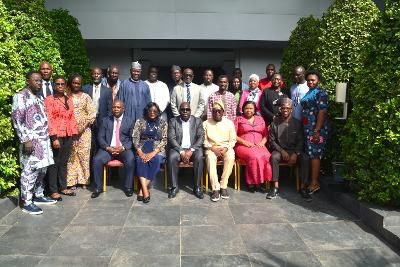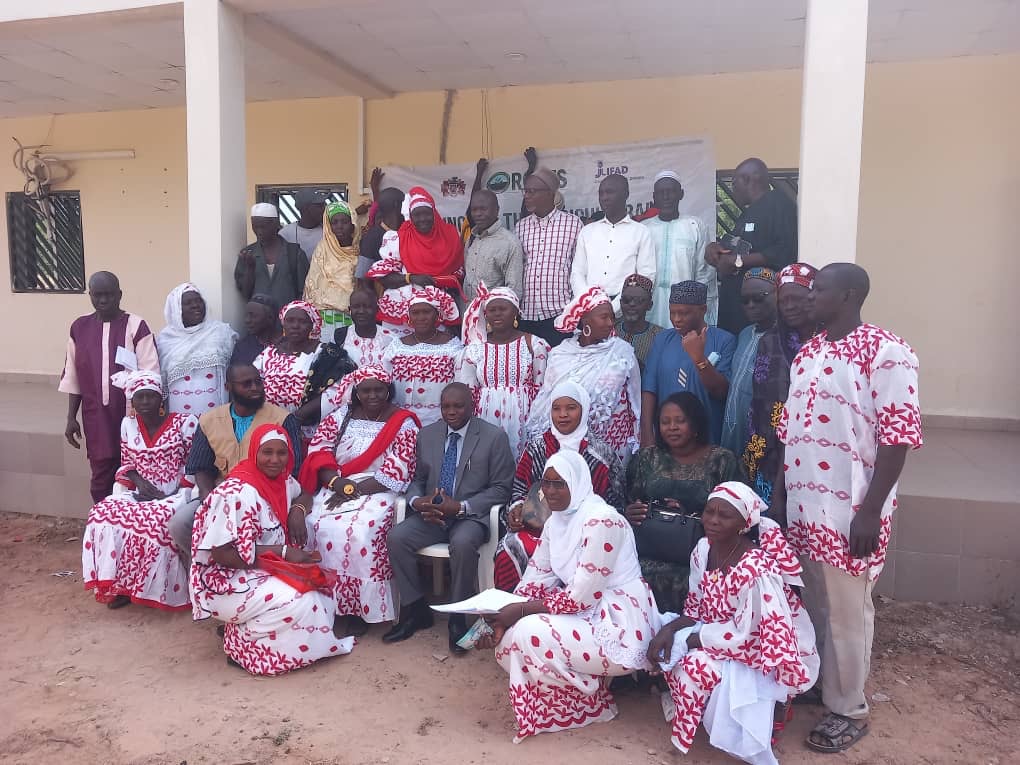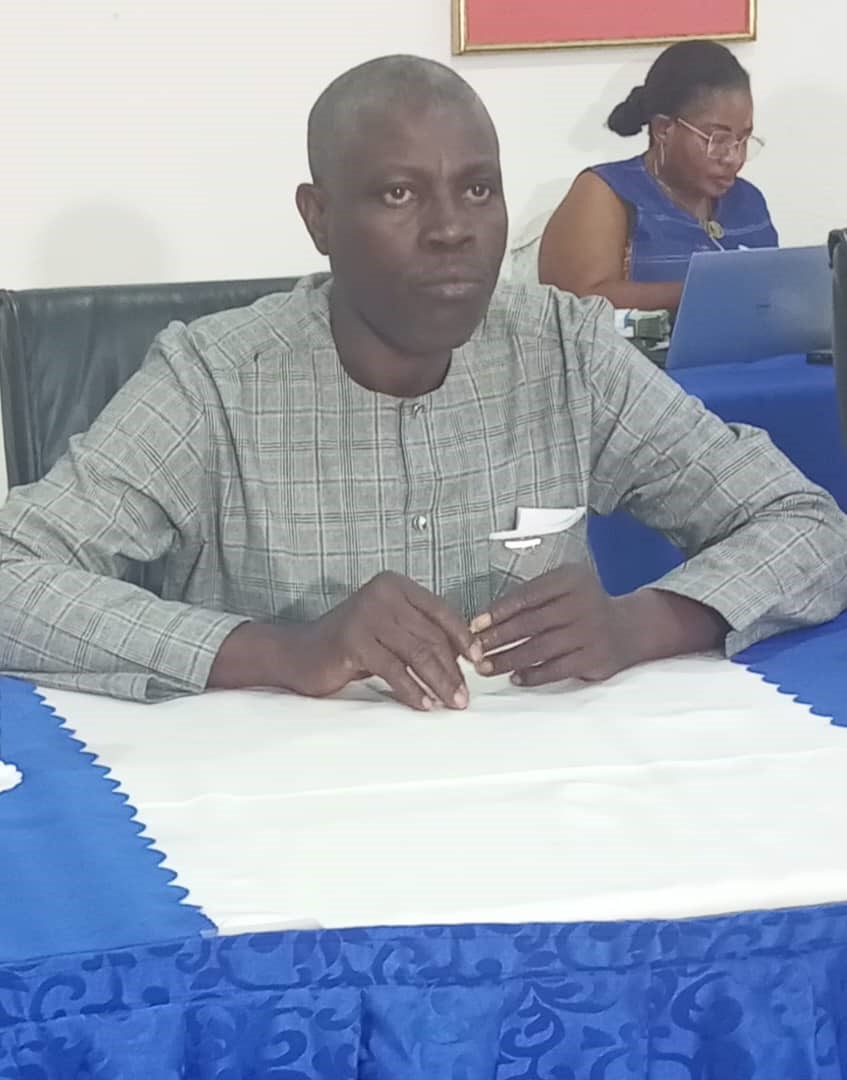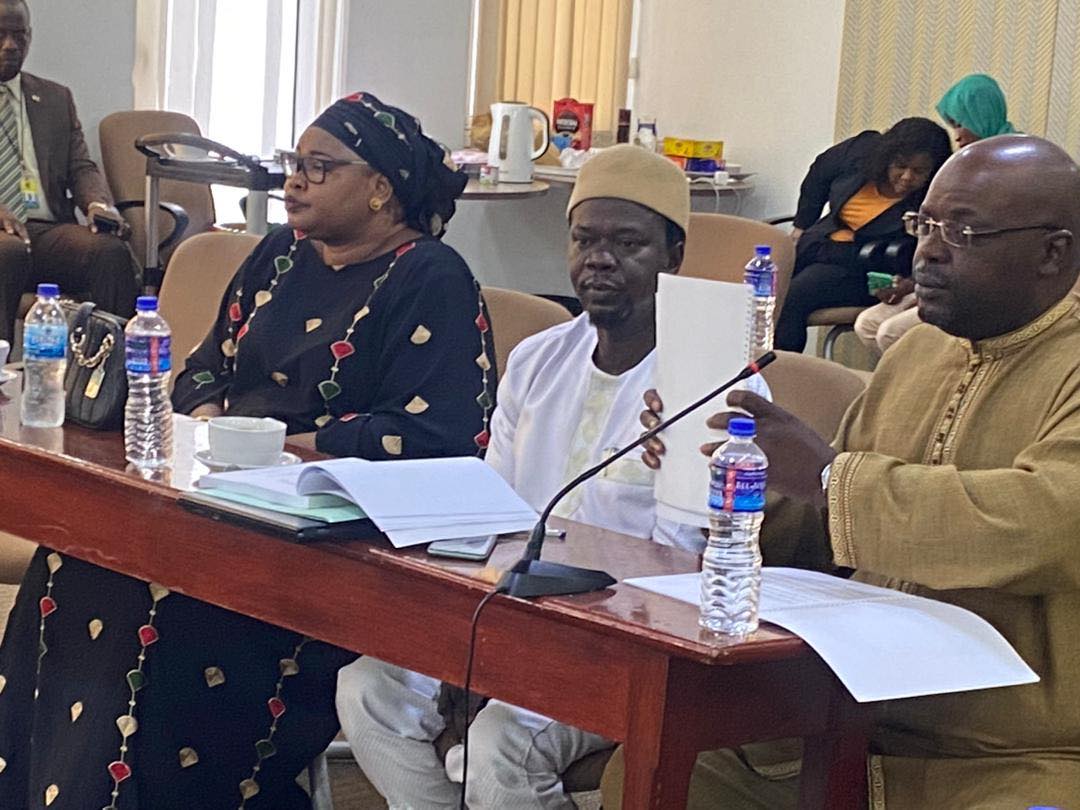By: Yunus .S. Saliu
In a significant step toward regional industrial integration, the Economic Community of West African States (ECOWAS) recently concluded a three-day Regional Capacity Building Workshop on Standardization Best Practices and Revised ECOSHAM Procedures in Abidjan, Côte d’Ivoire.
The workshop, held from May 28 to 30, 2025, brought together Chairs and Secretaries of ECOWAS Technical Harmonization Committees (THCs) to strengthen their technical capacity and coordination in line with the updated ECOSHAM model.
The event aimed to equip participants with a deeper understanding of the newly revised ECOSHAM (ECOWAS Standards Harmonization Model) procedures, which are pivotal for aligning regional standards with international norms and boosting the competitiveness of West African products globally.
In his opening remarks, Mr. Lassane Kaboré, ECOWAS Commission’s Director of Industry, underscored the strategic importance of the workshop. He highlighted how the revised ECOSHAM model adopted by the Sectoral Council of Ministers in May 2025 is now central to the successful implementation of the West African Common Industrial Policy (WACIP).
Mr. Edmond Kouassi, Deputy Director General of Côte d’Ivoire Standardization (CODINORM), welcomed participants on behalf of CODINORM’s Director General, Mr. Constant Boka. He emphasized the critical role harmonized standards play in the region’s industrial and commercial development and encouraged delegates to maximize the learning opportunities.
Over the three days, participants engaged in sessions on the principles of regional standards harmonization, reviewed best practices from Ghana, Nigeria, and Togo, and delved into interactive group discussions focused on applying the revised ECOSHAM procedures. Special attention was given to the role of THCs in managing technical committees, promoting standards, and integrating regional and international benchmarks into national systems.
The workshop also identified key strategies to enhance the effectiveness of standardization within ECOWAS. Among these were – clear governance and compliance with ECOSHAM procedures, capacity-building for THC members and secretariats, establishing and strengthening National Mirror Committees, promoting digital platforms for collaboration, enhancing stakeholder engagement, securing sustainable funding and resources, developing robust monitoring and feedback mechanisms, encouraging mentorship and knowledge transfer
Another notable session focused on the development and economic potential of Halal standards in the region, signaling ECOWAS’s interest in tapping into emerging markets.
In the closing ceremony, Mr. Kaboré praised participants for their active contributions and reiterated the Commission’s commitment to supporting standardization as a driver of economic integration.
He thanked the government and people of Côte d’Ivoire for their hospitality and logistical support, which contributed to the success of the workshop.
The event concluded with a call to action for the ECOWAS Commission and National Standards Bodies to implement the workshop’s recommendations, including finalizing the ECOSHAM document and ensuring proper documentation handover between outgoing and incoming THC leaders.
The outcomes of the workshop are expected to significantly improve the coordination and effectiveness of THCs, further aligning the region with global standardization practices while enhancing intra-regional trade and industrial development.





